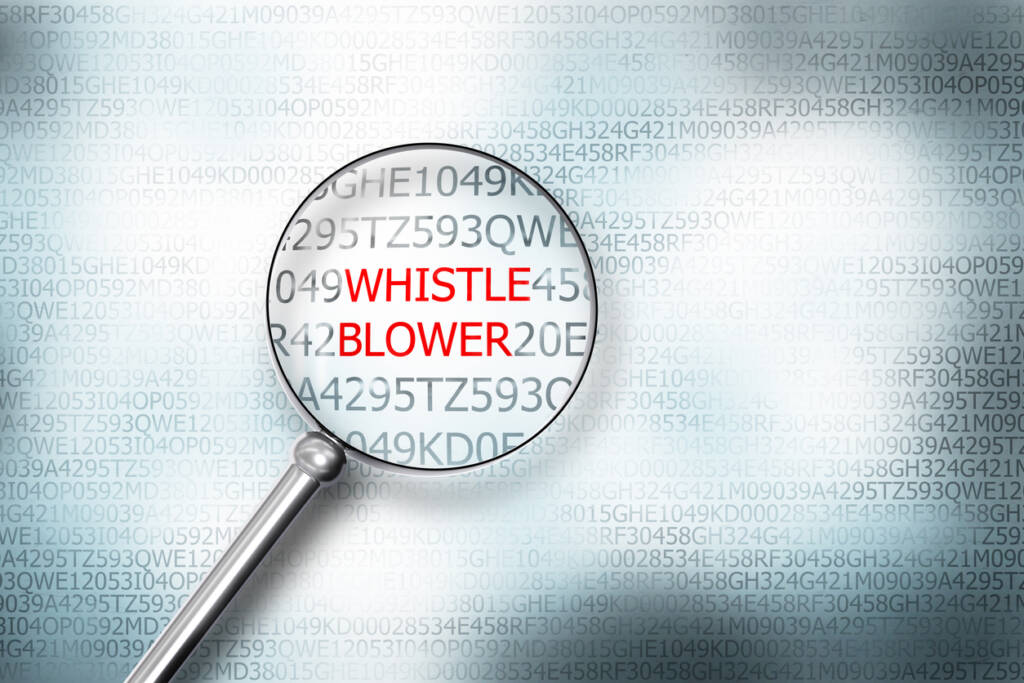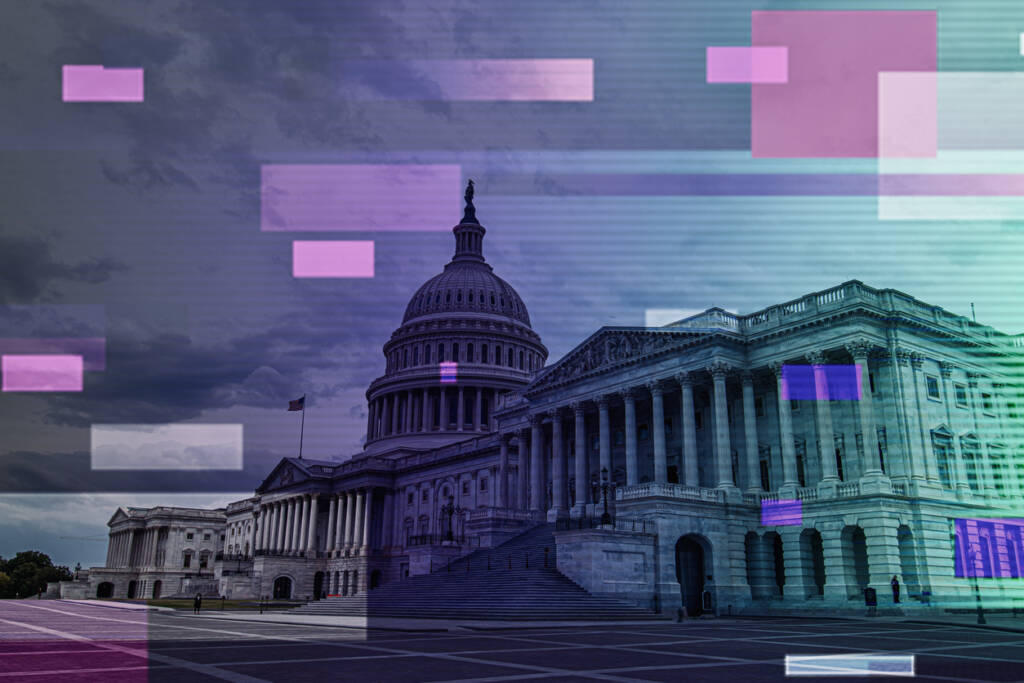Renewed Protections for Whistleblowers Change the Game
Record-setting SEC awards to individual whistleblowers reinforce the importance of coming forward.
The possibility of being blacklisted by employers and other overt forms of retaliation have discouraged whistleblowers from reporting wrongdoings for many years. Turns out, $562 million is a strong incentive for people to come forward. That’s how much the U.S. Securities and Exchange Commission (SEC) awarded to 106 whistleblowers from 2012-2020 after settlements brought in over $2.7 billion in sanctions. The SEC set records in October 2020 with an individual award of $114 million, then blew past that in May of 2023 by awarding $279 million to one person whose information resulted in proper disciplinary action.
Despite predictions of a decline during the Trump administration, renewed whistleblower protections under the Biden administration point to a continuing upward trend in individual awards and a renewed commitment to accountability.
Establishing Whistleblower Programs
After the 2008 financial crisis, Congress passed the Dodd-Frank Act and established whistleblower programs at the SEC and the Commodity Futures Trading Commission, which oversees financial instruments known as derivatives. At the SEC, awards were set at between 10% and 30% of the final settlement, with specific factors that determine whether an award gets bigger or smaller (whistleblowers get more if they initially tried to report problems internally; delaying or taking part in the wrongdoing would knock it down).
The SEC’s whistleblower office didn’t open for business until 2012, and it had a slow start. But it gained momentum as tips started to result in successful investigations, proving that protecting and rewarding whistleblowers gets results.
Weighing Risk vs. Reward
In a very quiet, closed-door vote on September 23, 2020, the Republican-dominated SEC adopted amendments to lower payments to whistleblowers. The argument was that awards should only be as large as necessary to prompt people to come forward, and excessively high payouts might be better spent on other priorities. However, many (including former SEC lawyer Jordan Thomas) read this ruling as counterintuitive, since it seemed to simply discourage whistleblowing.
“Courageous whistleblowers have put their careers and lives on the line to assist the Commission — including wearing FBI wires and smuggling key documents out of China,” Thomas wrote in a lawsuit brought against the SEC. “Now, in the middle of the proverbial football game, the Commission has moved the goal posts on literally hundreds of SEC whistleblowers.”
In one 2020 case, an individual whistleblower stood to net roughly $50 million (the new record at the time) by reporting wrongdoing to the SEC along with proof. After agonizing about the decision to blow the whistle on his firm, the individual said his decision was ultimately based on what kind of settlement he thought the government could extract. (The SEC never releases the names of people who blow the whistle.)
“I’m not giving up 10 years’ worth of income to be a good guy,” the adviser said (in this scenario, being a “good guy” meant staying quiet). “I’ve got to weigh the risk against the reward. And the risk is huge.”
The settlement would be enough to offset any lost earnings in the likely event that the adviser’s former colleagues figured out he’d turned them in and blacklisted him, even at his pay scale after years of success in financial services.
Renewed Protections For Whistleblowers
The 2020s, so far, have seen a maelstrom of changes around whistleblowing. First, the loosening of financial regulations under the Trump administration included weaker incentives to report fraud. As a result, regulators had fewer allies as they monitored markets for the kind of bad behavior that can follow such loosening of rules.
Then, the SEC whistleblower program received renewed support under the Biden administration, with protections gradually restored. In 2022, Congress passed the Whistleblower Protection Improvement Act of 2021, and, as of early 2024, the SEC Whistleblower Reform Act of 2023 is being read by the 118th Congress.
The latest amendment to the Securities and Exchange Act of 1934 broadens the definition of whistleblowers to include individuals or groups who report violations internally to persons with supervisory authority over them or to others within the organization who are reasonably believed to have the authority to address the reported misconduct. The amendment also mandates that the SEC make an initial disposition on whistleblower award claims within one year of the deadline for filing the claim or within one year of the final resolution of related litigation, whichever is later (extensions are granted by the SEC’s Division of Enforcement Director in the case of complex claims or those involving multiple whistleblowers).
The Importance of Whistleblower Protections
If the past several years are any indication, protections for whistleblowers aren’t always guaranteed. In filing a lawsuit against the Trump-era SEC, Jordan Thomas acknowledged that his interest in blocking the amendments wasn’t altruistic—lawyers who represent whistleblowers operate on a contingency basis, taking usually about a third of their clients’ award. But Thomas argued that the public has a stake, as well. When payouts become unpredictable, he said, highly paid executives are more likely to stick with the firms that provide their paychecks and sweep cheating under the rug.
Does your company encourage or discourage anonymous reporting? Do you reward or retaliate against whistleblowers? In light of increasing protections for whistleblowers, best practice dictates taking a stand to reward and protect them. Their report may be the difference in saving your business or having a case study written about its demise.
A robust ethics and compliance program can be the foundation of a strong culture of accountability at your organization, ultimately saving you financial and reputational damage brought on by mishandling of employee reports. With the right incident management system in place, you can stay in the clear, demonstrate the importance of trust to your workforce, and foster a holistic culture of compliance. Contact Star today for a employee compliance software product demo.

Empowering Whistleblowing





